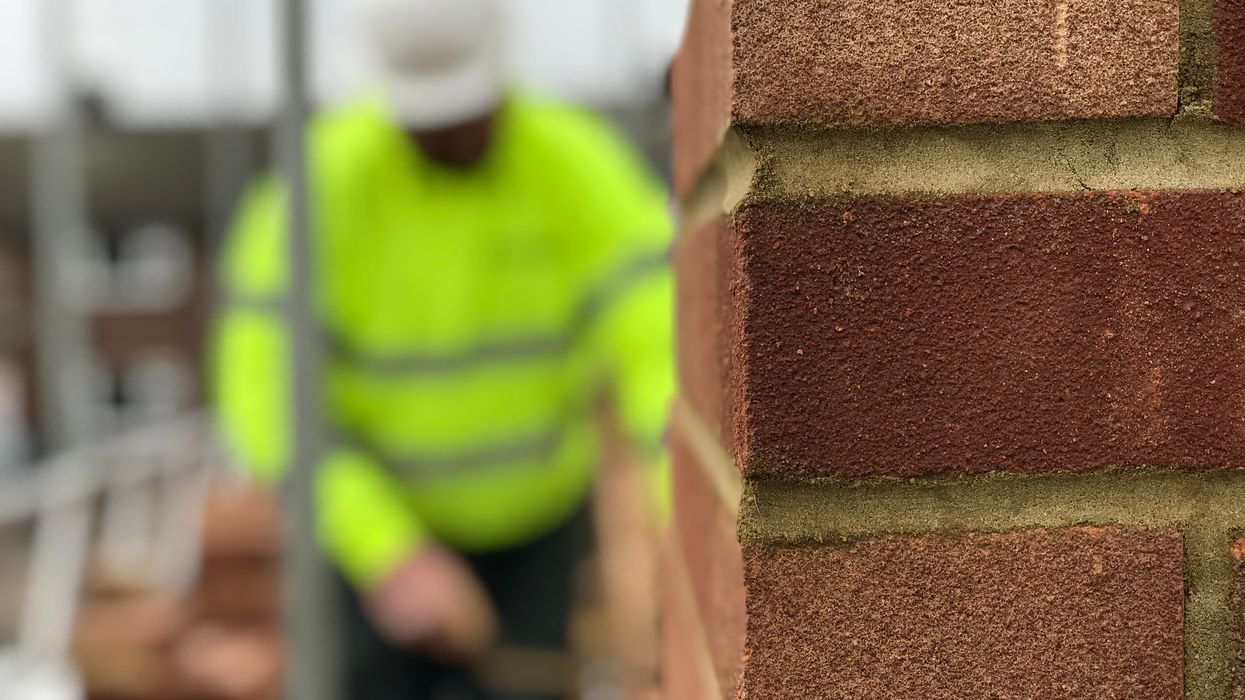BRITAIN will invest £600 million to train construction workers and address skills shortages that could affect its plan to build 1.5 million homes by 2029 and support economic growth, the government announced on Saturday.
Housebuilding and infrastructure development are central to the Labour government’s growth strategy. The construction sector accounts for around 6 per cent of gross domestic product and supports growth in other industries.
“We are determined to get Britain building again, that’s why we are taking on the blockers to build 1.5 million new homes and rebuild our roads, rail and energy infrastructure,” Chancellor Rachel Reeves said in a statement from the Treasury.
“We’ve overhauled the planning system that is holding this country back, now we are gripping the lack of skilled construction workers.”
Britain has struggled to fill construction jobs, a challenge worsened by the 2016 Brexit vote and the Covid-19 pandemic, which led to higher vacancy levels than before.
Official data released earlier this week showed 38,000 construction vacancies in the three months to February.
The sector also faces an ageing workforce. The Construction Products Association estimates that 500,000 employees, or 25 per cent of the total workforce, will retire over the next 10 to 15 years.
The government said £165 million of the investment will go towards expanding construction courses at colleges, while £100 million will be used to upskill workers, including those returning to the industry.
The Construction Industry Training Board, which represents the homebuilding and infrastructure sectors, will provide an additional £32 million to support more than 40,000 industry placements a year for the next four years.
The government expects the programme to train up to 60,000 bricklayers, electricians, engineers, and carpenters by 2029.
Reeves is expected to announce cost-cutting measures in her spring statement next Wednesday, alongside updated economic and public finance forecasts from Britain’s fiscal watchdog.





